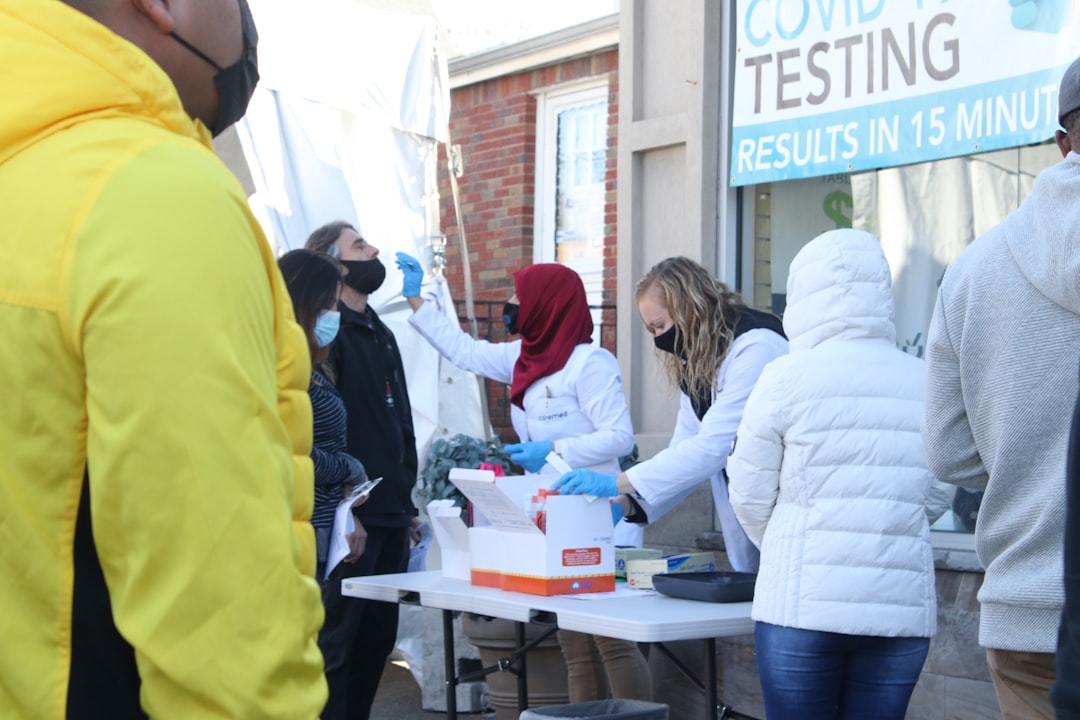What is it about?
Prostate cancer is a leading cause of cancer-related deaths in men, claiming the lives of roughly 4000 Canadian men every year. Lethal outcomes in Prostate Cancer are chiefly driven by: 1) The ability of the tumour cells to spread to other tissues in a process that is referred to as metastasis and; 2) The ability of the tumour cells to adapt to drugs used to treat patients with metastatic disease. These traits are often attributed to a subset of cancer cells that have characteristics of the primitive stem cells found in normal human tissues referred to as cancer stem cells. Typically, as cancer stem cells divide, they give rise to daughter cells with different properties; one daughter cell retains stem cell properties while the other resembles more mature cells in the tissue. We have found, however, that mature Prostate Cancer cells can be transiently converted to a cancer stem cell-like state that differs from typical Prostate Cancer cancer stem cells through exposure to hormone therapy. We have termed this therapy-induced process “developmental reprogramming”. Our data suggests that reprogrammed prostate cancer stem cells are more aggressive than the typically described cancer stem cells defined above. Here, we propose that new treatments that block reprogramming can be combined with standard hormonal therapies to prevent further metastasis and drug resistance.
Featured Image
Why is it important?
This project explores the basis for reversible cell plasticity that leads to hormone resistance in Prostate Cancer. My work will show the potential of targeted therapies to suppress the development of both AR+ and AR- Castrate Resistant Prostate Cancer in metastatic patients.
Read the Original
This page is a summary of: Therapy-induced developmental reprogramming of prostate cancer cells and acquired therapy resistance, Oncotarget, January 2017, Impact Journals, LLC,
DOI: 10.18632/oncotarget.14850.
You can read the full text:
Contributors
The following have contributed to this page










